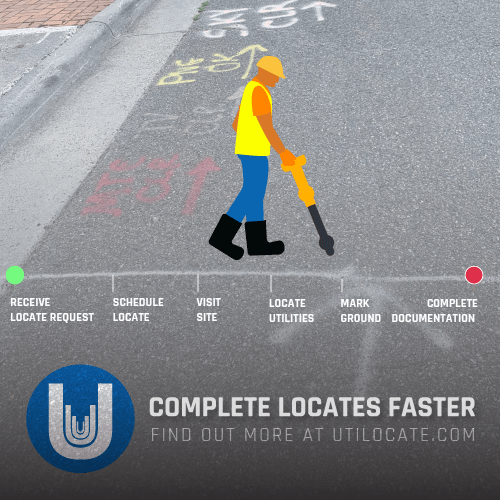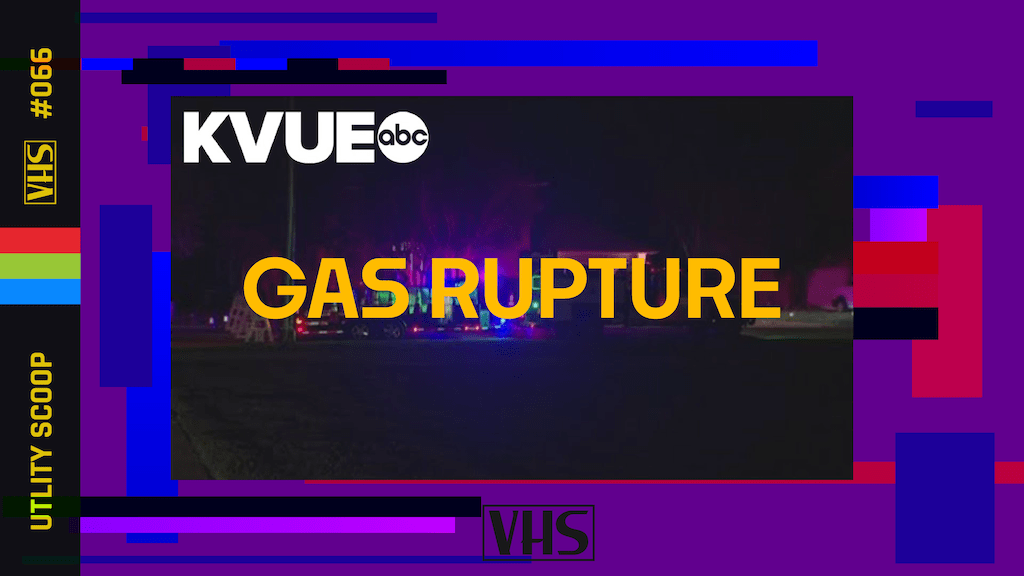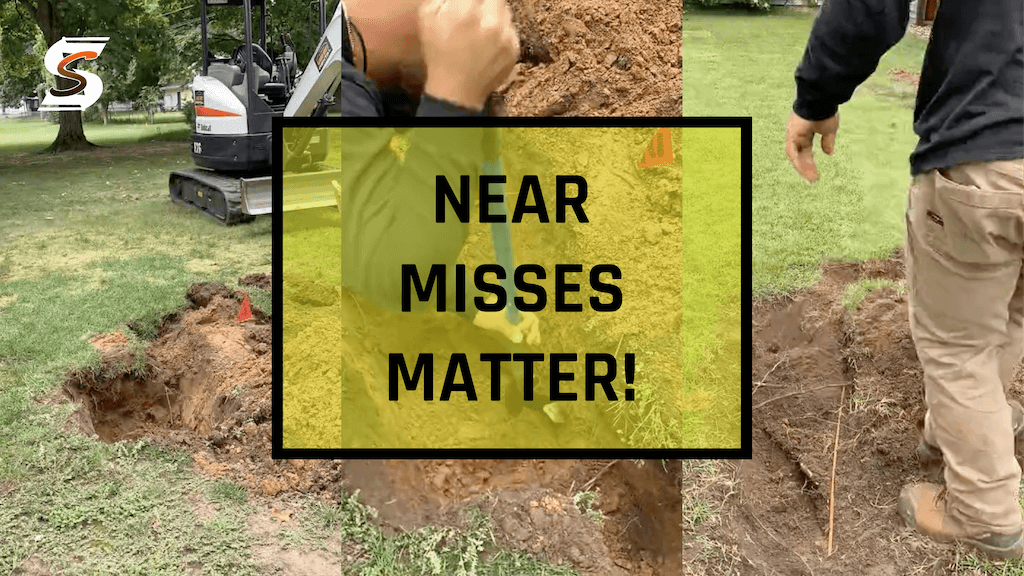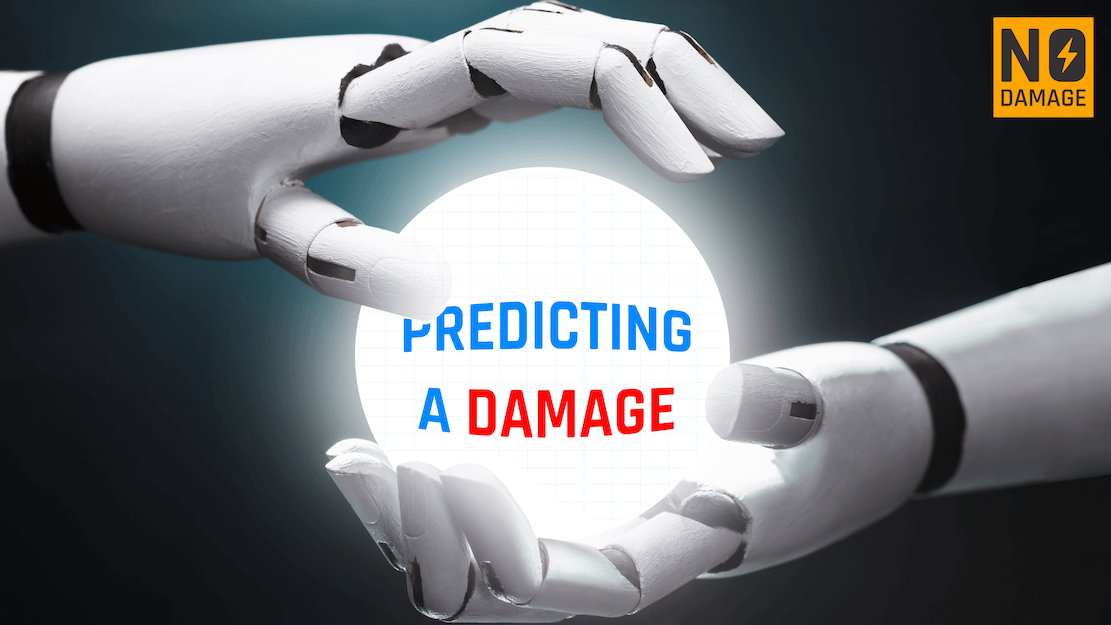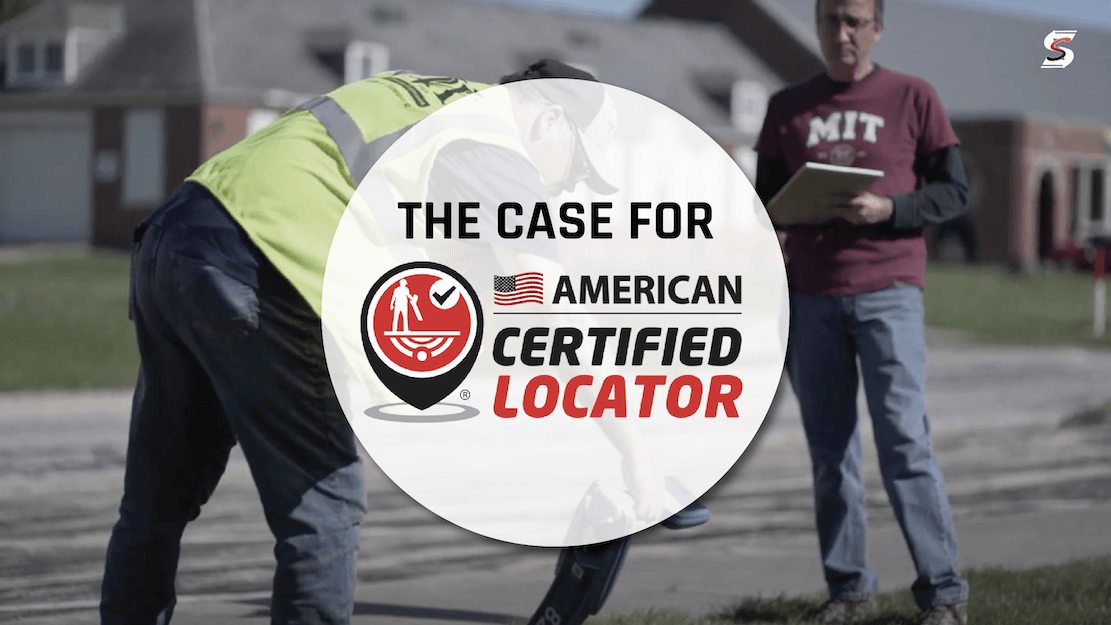
A Vital Step in Damage Prevention
Last week I attended Mike Parilac's impactful presentation at the Louisiana 811 Damage Prevention Summit, the importance of locator certification in the field of utility management became glaringly apparent. As an observer at the Utility Expo where Mike launched this initiative back in September, his passion for certification and its potential impact on damage prevention was evident. Today I’m aiming to delve into the fundamental questions surrounding locator certification: What is it, and why is there a pressing need for its implementation in the utility industry?
What is Locator Certification?
Locator certification is a structured program designed to validate and standardize the skills and competencies of utility locators. It involves a comprehensive assessment process that ensures locators possess the necessary knowledge and proficiency to accurately identify and mark utility lines. This certification program aims to establish a recognized standard for the industry, enhancing the overall reliability and effectiveness of utility locating practices. Becoming a certified locator in the US isn’t much different to other countries which pioneered certification like Australia and Canada. The process for Australia is outlined here. Mike specifically pointed out the following two points:
1. Locator certification is independent of training programs. The training program used to train a locator doesn't determine an individual's locating competency. A standardized, independent and unbiased locator certification program's aim is to ensure that an individual can use their skills to deliver optimum locating results.
2. Certification testing is standardized across all locator employment categories. It focuses on skills and knowledge common to all locators regardless of employer, location, or industry segment. Certified locators are recognized as being able to perform identifiable and quantifiable tasks.”
Why do we need Locator Certification?
The necessity for locator certification stems from the inherent complexities and critical nature of utility locating. Inconsistent practices and varying skill levels among locators can lead to inaccuracies, potentially resulting in damage to essential infrastructure during excavation or construction activities. Certification provides a means to address these challenges by setting a benchmark for proficiency, promoting standardized methods, and ultimately elevating the overall quality of utility locating services. Recognition and respect for the locating profession is just not where it should be. Certification creates a path for employers and the wider industry to show respect for one of the most important parts of construction. Partly this is because anybody can become a locator and so results can vary. SUE is recognized as very valuable and that’s because their results abide by a standard and staff are qualified engineers. The locate industry is judged accordingly and since there's so much variance in who’s doing the work it’s hard to certify that the work has been done correctly. That’s the unfortunate truth and sadly the good get lumped in with the bad. Certified locators can distinguish themselves from the rest of the pack! Here’s a quote from the presentation: “I'd consider this a trade. We are nowhere near close to being compensated for being responsible for people's lives.” This is 100% true
This leads into the labor supply/demand conundrum. The turnover rates which Mike cited were jaw dropping and fully believable in my experience. We need to create value and opportunities for young locators joining the workforce and experienced locators who need to be recognized! “If we can extend the average "shelf life" of a locator, the quality and timeliness of locates will drastically improve.”
Certifying locators offers several benefits, including increased accuracy in utility markings, reduced risks of damages, and enhanced safety for both workers and the public. A standardized certification process fosters a sense of accountability within the industry, encouraging continuous professional development and knowledge-sharing. This, in turn, contributes to a more resilient and reliable utility infrastructure, aligning with the broader goal of damage prevention.
Conclusion
In conclusion, locator certification emerges as a crucial component in the ongoing efforts to strengthen damage prevention practices within the utility sector. By acknowledging the need for standardized proficiency and embracing certification programs, the industry can ensure a more secure and efficient approach to utility locating. As Mike Parilac passionately advocates for this initiative, it becomes clear that investing in locator certification is an investment in the long-term sustainability and safety of our utility infrastructure.
Share this Post
